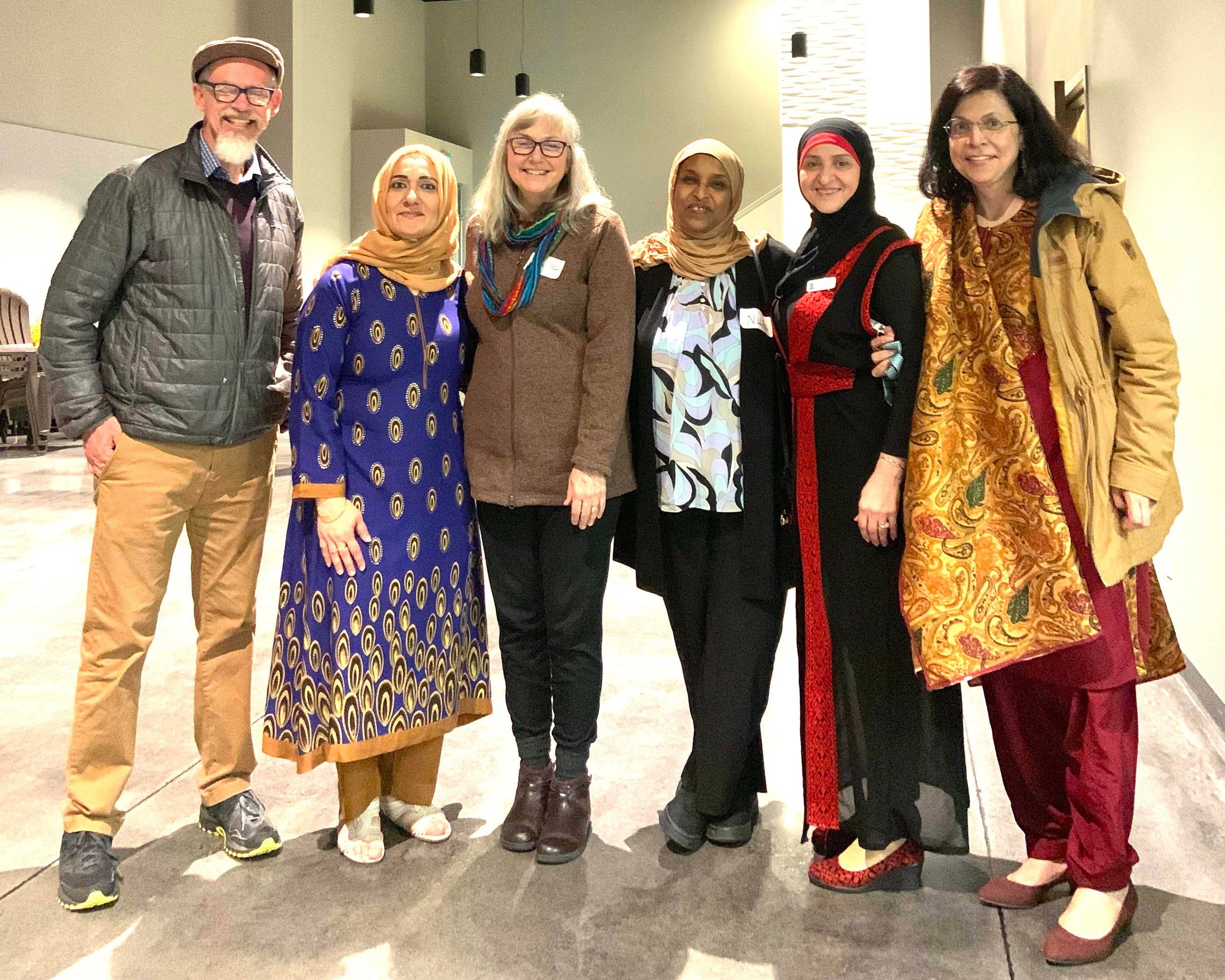Orthodoxy, Heresy and Bridge-Building
by Rick Love
Pastor Joe was frustrated. "Rick," he said, "I am being accused of becoming liberal because I am seeking to love my Muslim neighbors." "I can relate," I assured him. "I have been accused of heresy and compromising the gospel because I am too positive toward Muslims and Islam."
Here's what I told Pastor Joe... I joyfully affirm every doctrine considered central to orthodoxy. I have never denied any of these doctrines. But I am a bridge-builder and I differ with some people over the doctrine of "general revelation" ( = that the knowledge of God through creation and conscience that has been revealed to all humanity. See Psalm 19:1; Romans 1:19-21, 32; Romans 2:14-15). I believe that all truth is God's truth.
I remember talking to my mentor, the late Dr. Harvie Conn of Westminster Theological Seminary - hardly a liberal school - about these issues. He pointed out that many Reformed Theologians tend to focus so much on "depravity" and the fact that humanity "suppresses the truth in unrighteousness" (Rom 1:18) that they minimize the fact that humanity also has a true yet imperfect knowledge of God (Rom 1:19-21).
Harvie was a "both-and" thinker. He believed that both themes in Romans 1:18-21 must be affirmed. He was fond of saying that we find the "footprints of God" in other cultures and religions.
Bridge builders find those footprints of God as starting points for communication. They build relationships and share their faith by affirming the truths already believed by their listeners. This is exactly what Paul the apostle did.
Paul points to creation as a starting point to share the gospel
Men, why are you doing this? We too are only men, human like you. We are bringing you good news, telling you to turn from these worthless things to the living God, who made heaven and earth and sea and everything in them. In the past, he let all nations go their own way. Yet he has not left himself without testimony: He has shown kindness by giving you rain from heaven and crops in their seasons; he provides you with plenty of food and fills your hearts with joy (Acts 14:15-17).
Paul points to an altar to the unknown God as a starting point to share the gospel
Paul then stood up in the meeting of the Areopagus and said, "Men of Athens! I see that in every way you are very religious. For as I walked around and looked carefully at your objects of worship, I even found an altar with this inscription: TO AN UNKNOWN GOD. Now what you worship as something unknown I am going to proclaim to you (Acts 17:22-23).
Paul quotes Greek poets as a bridge to explaining the gospel
'For in him we live and move and have our being.' As some of your own poets have said, 'We are his offspring (Acts 17:28).
Paul quotes a Greek "prophet" to strengthen his ethical argument
Even one of their own prophets has said, "Cretans are always liars, evil brutes, lazy gluttons." This testimony is true. Therefore, rebuke them sharply, so that they will be sound in the faith (Titus 1:12-13).
Bridge-builders are neither heretical nor liberal. They merely affirm general revelation in practice. They follow in the footsteps of Paul by seeking to find the footprints of God!










